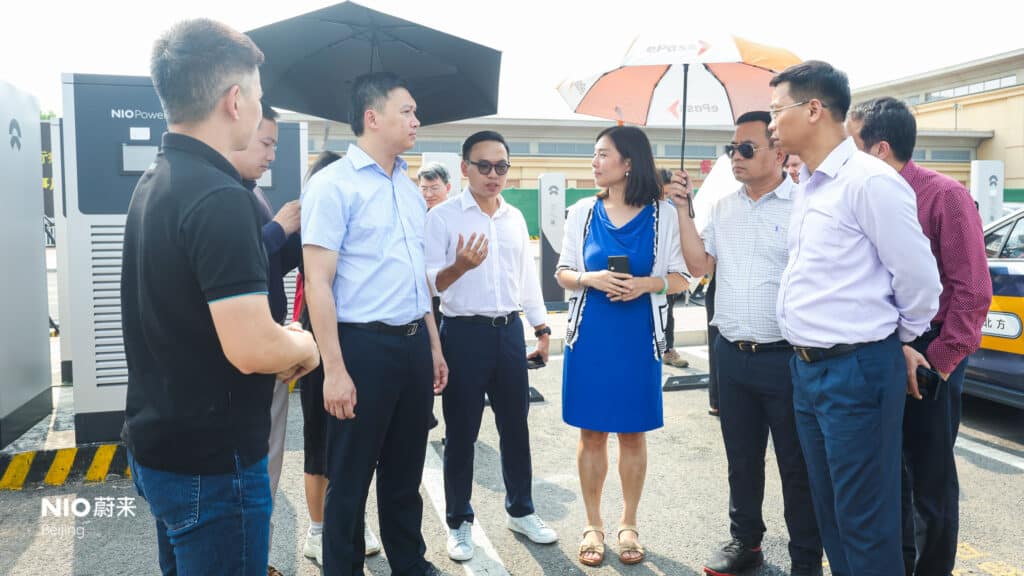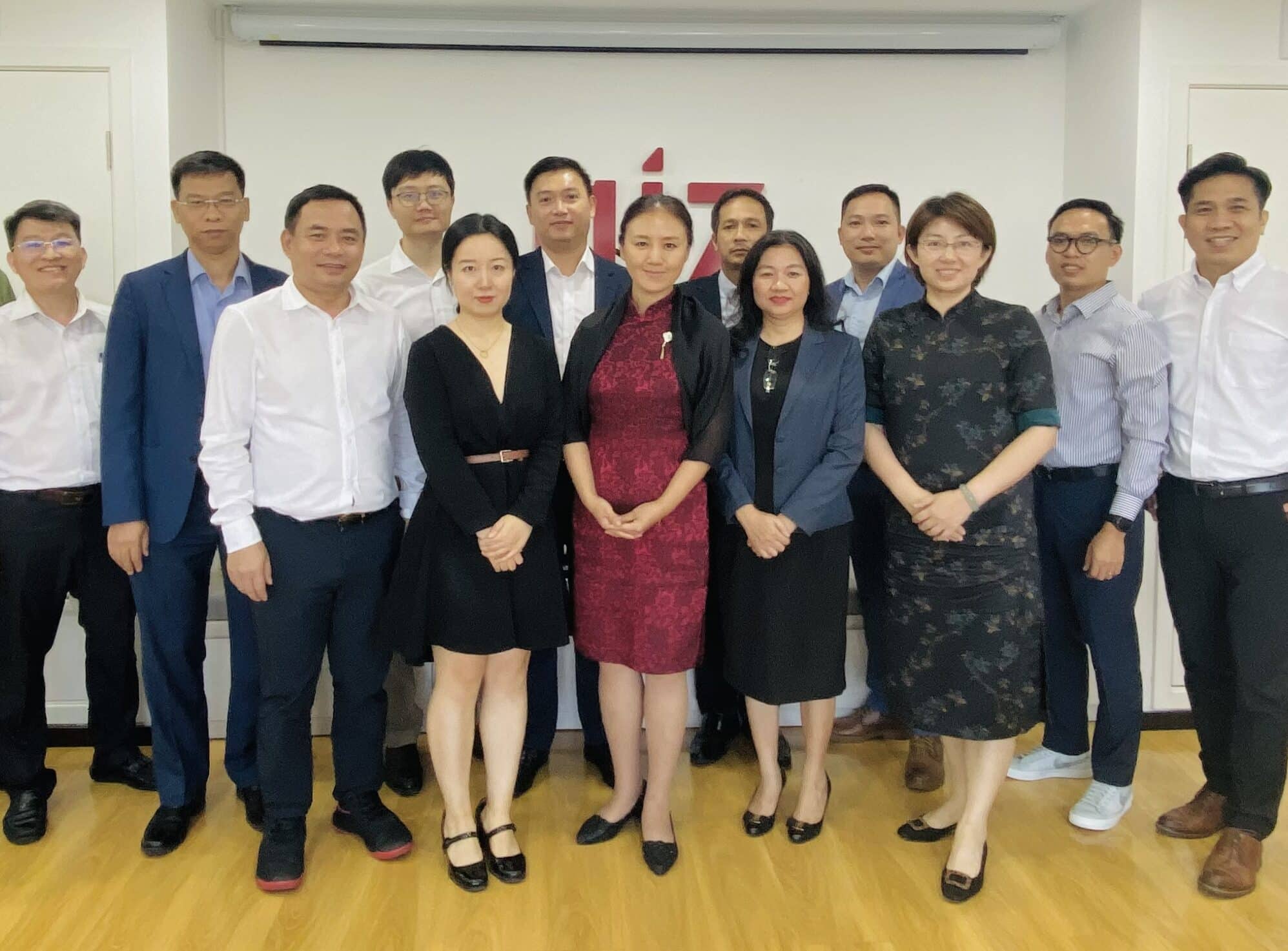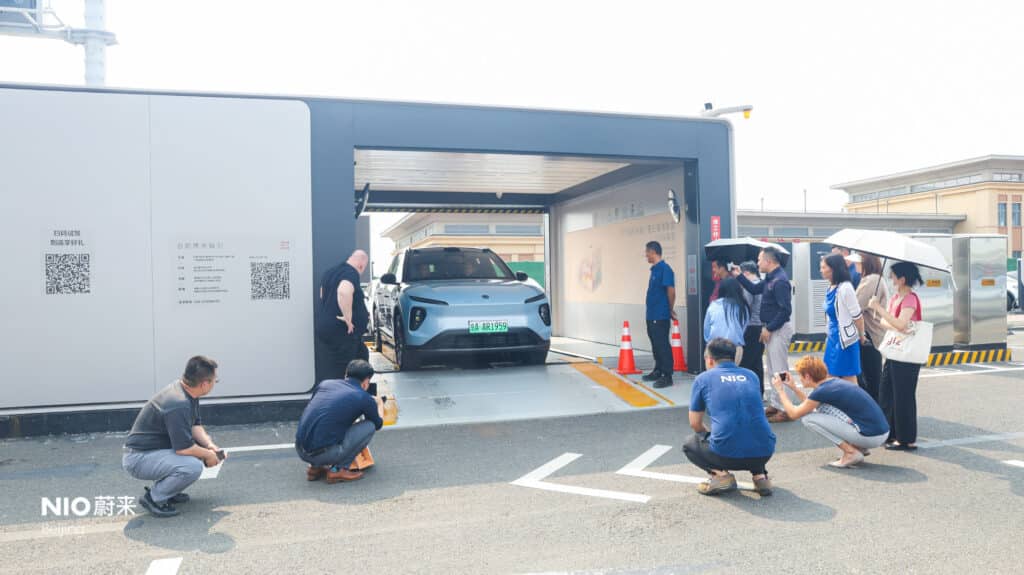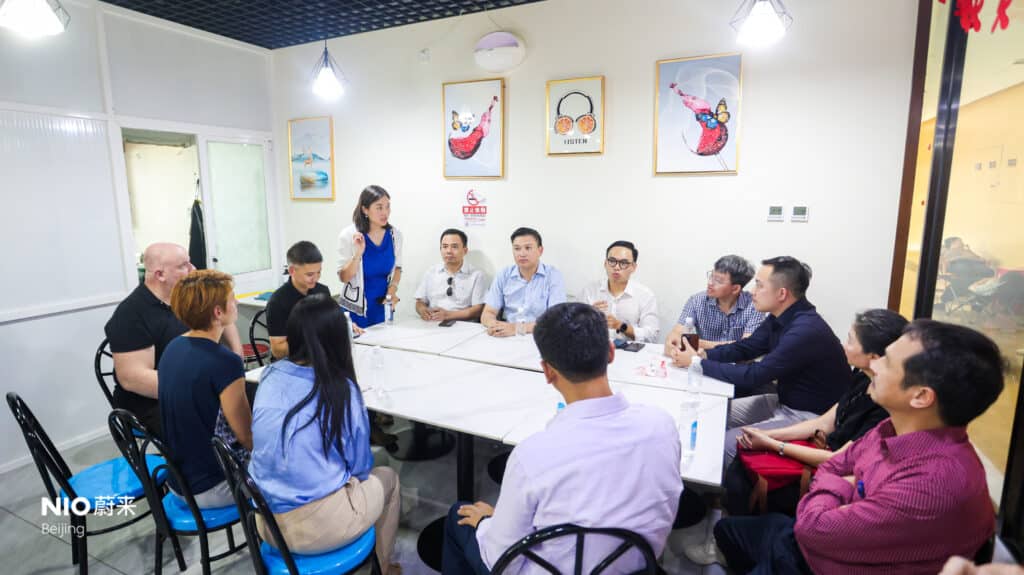
China has set policies to shift from traditional to eco-friendly vehicles due to rising emissions. Multiple ministries, including the State Capital Supervision and Management Committee, Ministry of Transport, and Ministry of Construction, are involved in crafting and promoting these policies, similar to Viet Nam’s approach. They’ve outlined goals for e-mobility from 2021 to 2030, supported by new regulations for charging infrastructure planning, investment, and location requirements, with emphasis on fast, high-capacity stations and integrating new technology in construction. The country is also prioritising the digitalisation of electric transport and a dedicated charging station search application. Infrastructure development for accessible charging stations is a prime focus, backed by government evaluation of investment efforts. China is also curbing internal combustion engine use, limiting vehicle circulation to one day a week, and implementing a “lottery” system for new purchases.

From 24-27 July 2023, the delegation of the Viet Nam Road Administration, the Viet Nam Register and the Department of Transport of Ho Chi Minh City, with the support of Deutsche Gesellschaft für Internationale Zusammenarbeit (GIZ) GmbH, within the framework of the project “Transport Initiative in Nationally Determined Contribution for Asia” (NDC-TIA), conducted a visit to China to learn and work with the Ministry of Transport of China, Centres and Research Institutes in the country on the topic of electric mobility (e-mobility) development and fuel economy standards in China. This activity contributes practical support for the Viet Nam Ministry of Transport in the process of revising the Road Traffic Law, as well as formulating and enacting policies and regulations to promote the use of fuel-efficient vehicles and renewable energy.


Both aspects highlight the significance of collaboration, adaptability, and phased implementation when developing e-mobility infrastructure and fuel economy standards. Viet Nam can leverage these insights to formulate comprehensive and adaptable strategies with a priority of charging infrastructure investment for sustainable transport development.
NDC-TIA is part of the International Climate Initiative (IKI). IKI is working under the leadership of the Federal Ministry for Economic Affairs and Climate Action (BMWK), in close cooperation with its founder, the Federal Ministry of Environment and the Federal Foreign Office. In Viet Nam, the project’s implementing organisations are GIZ and partner institutions including World Resource Institute (WRI) and International Council on Clean Transportation (ICCT).
 ©NIO Beijing
©NIO Beijing
Hang Nguyen Thanh